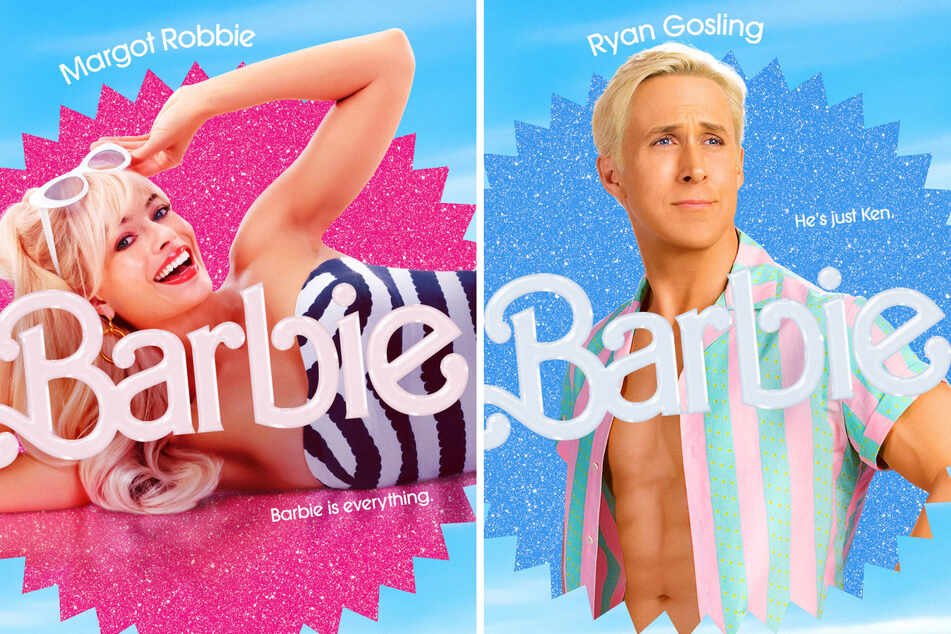How Barbie (2023) Made Marketing Fun Again (& the Internet Loved It)
Image Courtesy: Warner Bros. Studios
She’s everything and well… he’s just Ken. It’s safe to say since Warner Brothers Studios released the cast photos and official trailer for Barbie (2023) directed by Greta Gerwig, the internet has been lit ablaze. The promotional footage and imagery was released on Tuesday, April 4, 2023 and was immediately a hit. It quickly became the number one trending topic on Twitter until mid Wednesday afternoon, suggesting that it was more talked about on the app than the historic indictment of former US President Donald Trump.
The cast photos themselves started a big conversation. Each Barbie had a blurb of copy written about their occupation while all the male dolls (for the most part) were “just Ken”. This highlighted the original Barbie “lore” that Ken was nothing more than an accessory for Barbie. Other notable cast and characters included Allen, played by Michael Cera, and Midge, played by Emerald Fennell. Both Allen and Midge are based on real dolls released by the iconic toy company Mattel, but were inevitably discontinued. Allen was released in 1964 and marketed as Ken’s friend. Midge, on the other hand, was released in 1963 and was met with much controversy as she was a pregnant doll. Even some of the newer additions to the Barbie universe such as Will Ferrell’s character who, as of now, is ominously known by people on Twitter as “mother” after his copy reads “Please Call Me Mother.” Connor Swindells’ character has the copy “He’s like an intern or something” leading people to believe his character doesn’t have a name, he’s just the intern… or something along those lines.
Within hours of the images release, fans were creating their own Barbie based posters, and brands even jumped on the trend. Gymshark, an athleticwear company, created a poster with witty copy for their best selling women’s lines. These fan-created images helped boost the virality of the movie. In total, Warner Brothers released twenty-four cast and character announcements which greatly helped boost the vitality of the movie, but also influenced social media culture as well.
The copy was also met with a bit of controversy with some stating that the copy for male Ken characters was sexist, as it waters them down to “Ken Again!” and “He’s another Ken.” In reality, Mattel never really created a way to distinguish between their male dolls, therefore remarking them all as another Ken. The Ken copy is intellectual as it not only sparks conversation, but also is still true to the Mattel brand.
Overall, there is a lot that companies and other motion pictures can learn from Barbie in the way that it’s okay to have fun with a project and not be entirely serious. As marketing and advertising has been rooted heavily in reality for the past years, people online felt the Barbie campaign was refreshing and a good change of pace. As someone with an interest in copywriting and pursuing a career in advertising, I personally found the Barbie campaign to be inspiring and made me hopeful of the future of advertising. It showed the power of good, clean, impactful copywriting and combined it with a refreshing sense of humor. I immediately reached out to all my friends, those in advertising and others with no background at all, and we all raved about our love of the campaign and how excited we are to go watch Barbie once it’s released. At the end of the day, isn’t that what good marketing and advertising is? It’s the ability to stop someone in their tracks, get them to acknowledge what you’re trying to market, and engage with the product in some type of way. Based on the overwhelming response, I’m sure this campaign will achieve its advertising goal, leave a long-lasting impression, and drive people to the theater to enjoy the movie.
Mary Corbin


